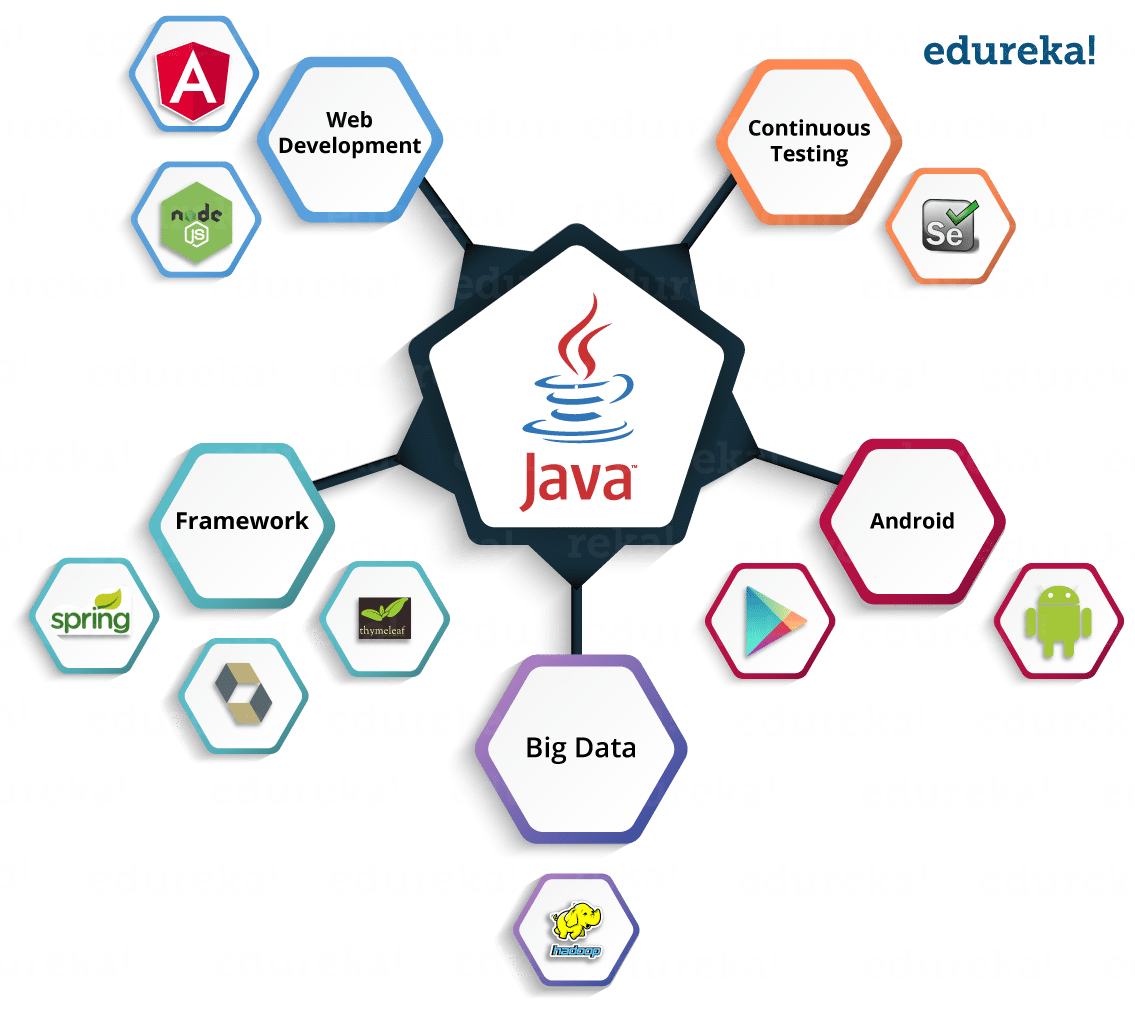

Denis
August 22nd 2022
Java as a high level programming language.
JAVA is a general-purpose programming language that is class-based and object-oriented. The programming language is structured in such a way that developers can write code anywhere and run it anywhere without worrying about the underlying computer architecture. It is also referred to as write once, run anywhere (WORA). This means Java code compiled once can be run on all platforms that run without the need for recompilation.
Java was developed inside Sun Microsystems (acquired by Oracle) by James Gosling. It was developed to be similar to C++ and shares a lot of syntax with it. Java, currently maintained by Oracle, receives regular updates to accommodate the evolving needs of the developer community.
What is Java Used for?
Java can be used to build applications for a wide range of platforms. Desktops, servers, mobile phones, tablets, Blu-ray players, televisions, and web browsers all use Java, and developers can write Java-based applications for any of these platforms. Since Java adheres to WORA requirements, the same code can be run on all the platforms having Java Runtime Environment (JRE) without recompiling the code.
Java is used to write applications for different platforms that run JRE and supports applications that run on a single device like a desktop or mobile phone. Java can also be used to develop applications that work in a distributed manner. That means the same application can be distributed between servers or clients in a network and can be executed synchronously. Java can also be used to write application modules or applets as part of web pages.
Java is used for:
- GUI applications
- Web servers and applications servers
- Middleware applications
- Web applications
- Mobile applications
- Embedded systems
- Enterprise applications
Benefits of Java
Java has evolved over the years as Oracle maintains the language and provides updates regularly. The support from the huge developer community is a definite advantage for new Java programmers, as well. Having been around for more than two decades, Java has a substantial collection of available open-source libraries and functions. Here’s a look at some of the key benefits of the Java programming language.
- Simple and easy to learn. Java shares syntax with C and C++. Explicit pointers, operator overloading, storage classes, and other elements that are present in C++ are not available in Java. This makes it a less complex language for writing code.
- Object-oriented programming language. Everything in Java is treated as an object and has accompanying features like class, encapsulation, abstraction, inheritance, and polymorphism.
- Multithreading is supported by Java. Large applications can be converted to multiple threads and executed simultaneously. This reduces the resources and time needed to execute a program.
- Platform agnostic language. Since Java runs within its virtual machine sandbox, the platform and its computer architecture need not be considered while writing Java applications. The same code can be executed by different platforms without recompiling for each device, making project management easy.
- Secure platform. Java programs are executed within its runtime environments. It also provides a classloader to load classes to the runtime environment. This provides a buffer and is inherently secure. That said, Java browser plugins are extremely insecure and are better deactivated as most of the web now runs on JavaScript.
Disadvantages of Java
While there are many advantages to using Java, it’s not free of downsides or room for improvement. Some of the disadvantages are:
- Applications must be run on JRE. Java sandbox makes the applications platform agnostic, but this also means that applications can be run only on top of JRE, which requires more resources. Memory consumption is high as applications have to run on top of a Java virtual machine.
- UIs built using Java are less attractive. There are multiple Java frameworks to create UIs for applications, but none of them are advanced enough to handle complex UI elements that can be easily achieved by programming languages such as JavaScript.
- No backup facility. Java provides no backup facility and works from storage.
- Garbage collectors provided with Java are automatic. That may seem like an advantage, but it does not provide any facility for programmers to control garbage collection. This is a problem when advanced functionalities are coded in Java.
Denis
Krijues i Univlora Student Forum
Leave a Reply
Postimet e Ngjashme
Kategoritë
© 2022 Univlora Student Forum
